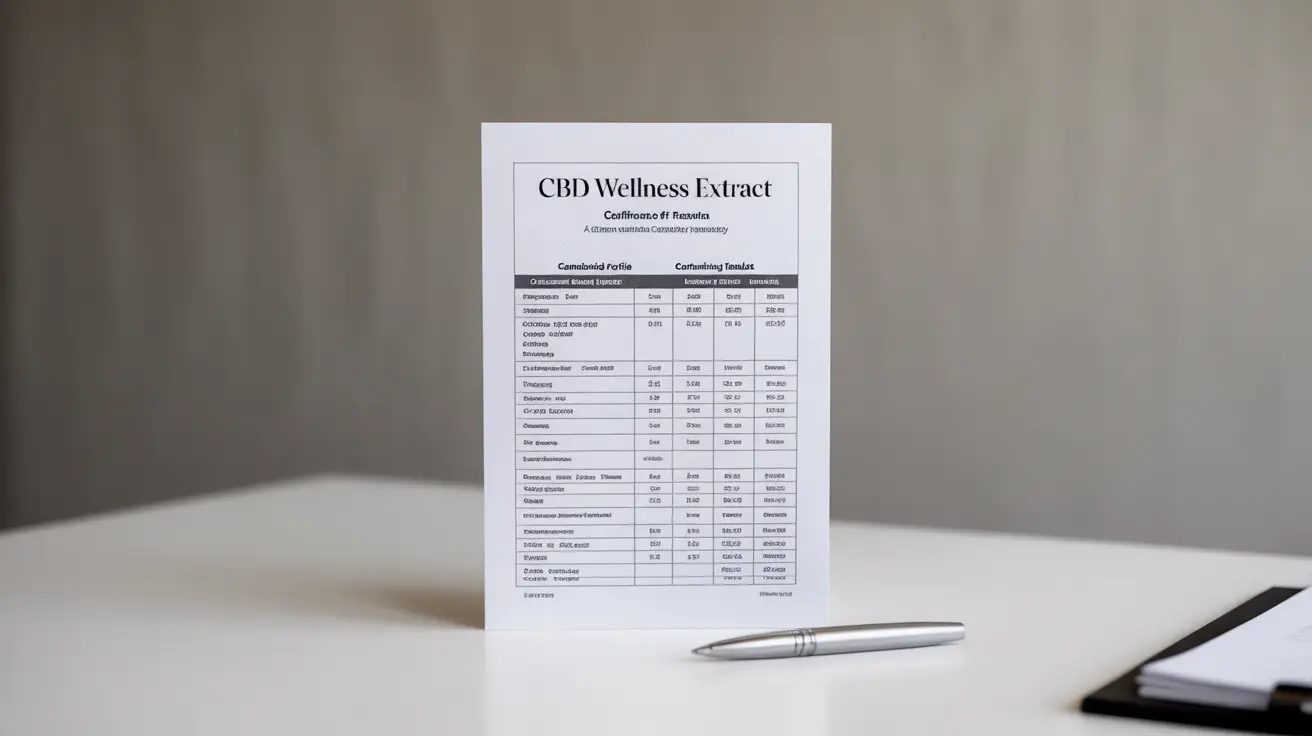GetLabTest News
Symptom Analysis
Interpreting Test Results
Diseases & Symptoms
Health Queries Answered
All
Latest
Understanding CBD Quality Control: A Guide to Certificates of Analysis
Explore CBD quality control through Certificates of Analysis, ensuring product safety and transparency for informed consumer choices.

Discover the best makeup for eczema-prone skin, including safe products and application tips to reduce irritation.
Health Queries Answered
min read

Explore types, symptoms, and treatment options for collagen disorders. Learn effective management strategies to improve quality of life.
Diseases & Symptoms
min read

Discover how reading before bed can enhance relaxation and improve sleep quality for a peaceful night.
Health Queries Answered
min read

Find out if Medicare covers allergy testing and what requirements you need to meet.
Interpreting Test Results
min read
